Peter Dutton’s ‘Canberra voice’ an affront to Indigenous aspiration, says leader of Kimberley Land Council
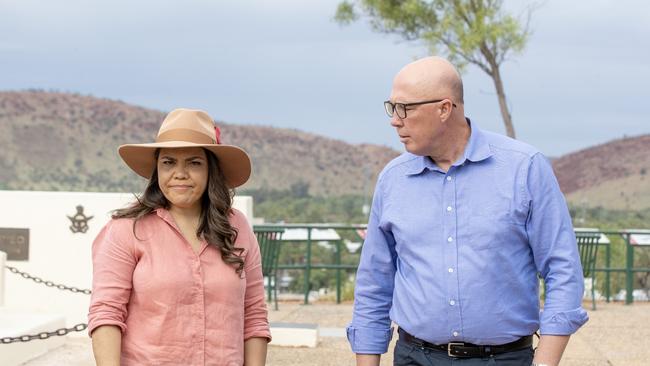
When Peter Dutton stood up last week and announced he would actively campaign for a No vote in the referendum, I was standing alongside Kimberley community leaders who had travelled far and wide to meet on Yawuru country in Broome.
Despite once-in-a-century floods cutting off the region’s main road network, and the threat of a looming cyclone, we gathered in a small room at a local Aboriginal organisation to talk about our communities and prepare to campaign for a voice to parliament.
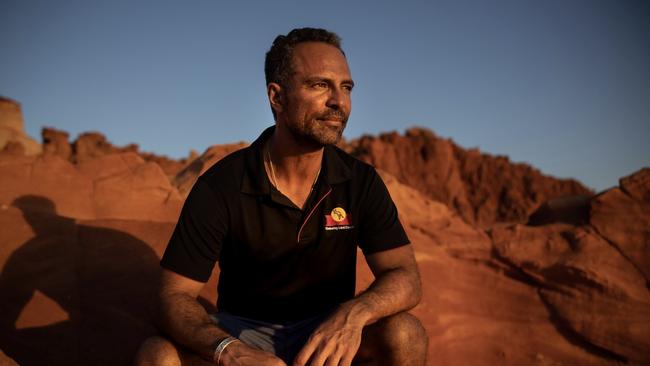
While Dutton stood in front of cameras dismissing the form of constitutional recognition Aboriginal people have asked for as a “Canberra voice”, we were continuing the decades-long advocacy of our leaders and elders before us to enact real and practical change.
We spoke candidly about why an Indigenous voice to parliament is needed to help meet the challenges our communities face, deliver a real say, and secure a better future for our people spread across the Kimberley region, an area twice the size of Victoria. During the meeting we heard the news Ken Wyatt had resigned, highlighting a lack of unity and a fracturing within the Liberal Party. Plenty of the people in the room had known Ken for years, well before he became the first Indigenous minister. The mood was sombre but supportive. Wyatt’s resignation signalled for many the importance of principle and conviction in a decision and a debate that is about people not politicians or the party line.
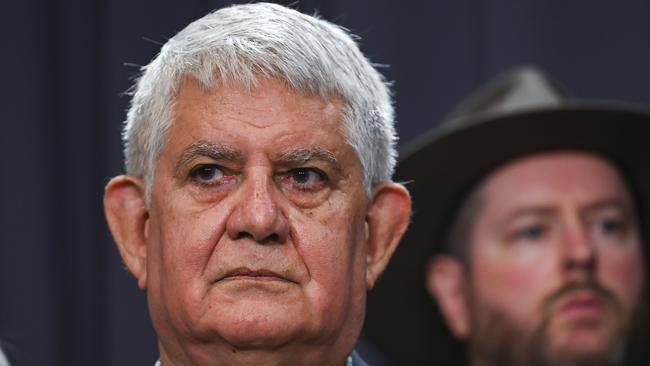
Constitutional recognition through a voice to parliament is not a proposal for a “Canberra voice”, the latest untrue and disingenuous talking point. It is degrading to Indigenous peoples and our aspirations to suggest the voice will be only for the so-called elites and academics.
What message does this send to our young people? That they should not strive for excellence in their education or become a recognised expert because politicians in Canberra will use that achievement to cast doubt on their legitimacy as a voice for our people? We send our young people a different message. We have long-term issues we need to fix in areas such as health, education, employment, housing, incarceration and the protection of our culture. But we are also aiming higher. In the Kimberley, we have always pushed for better outcomes and stronger rights for our people.
We are at the forefront of climate mitigation, using traditional knowledge and modern science, something we have been supporting through Indigenous fire management for more than a decade. We have achieved native title determination over more than 97 per cent of our region. Now, through innovative and culturally aligned projects, we are poised to change the status quo in relation to economic participation and create real and lasting benefits for our people.
This year, we are determined that our voices from our communities will not be swept aside. That’s why we are getting ready. We want the nation to see and hear that this is a cause with its roots in Indigenous communities and is supported by them. This is the path forward to forging a thriving future for our children. We know we need to get more information to our people and we also know there are different views. What people in our communities will never dispute, however, is the need to have a say as shareholders not stakeholders in the decisions that affect them.
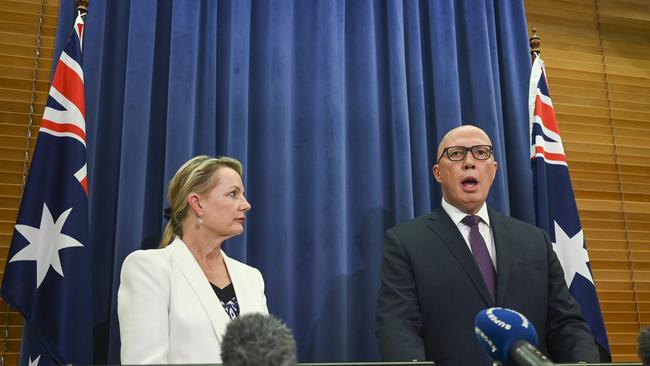
Right now, the referendum is being treated as run-of-the-mill politics. Anthony Albanese versus Peter Dutton, Labor versus Liberal; the kind of politics that fails Indigenous people year on year, election after election. We want this to be about the people of Australia – Indigenous and non-Indigenous – standing together, saying it is time to break this cycle and make us a nation where we all feel we belong. We can do this through a simple acknowledgement of Indigenous people as the first peoples of this country. The oldest continuous culture on earth modestly recognised in the Constitution.
There are many people of deep goodwill who will be proud to see this happen.
By achieving constitutional recognition through a voice, we get both the symbolic and the practical change. A voice will provide an enduring say and will give us a real shot at having an ongoing, constructive conversation with politicians and bureaucrats about what works and what doesn’t.
We will not be swept aside this time and I am confident Australians will reject fear and division in favour of hope and unity. And we in the Kimberley will be there alongside you.
Tyronne Garstone is a Bardi man and chief executive of the Kimberley Land Council.

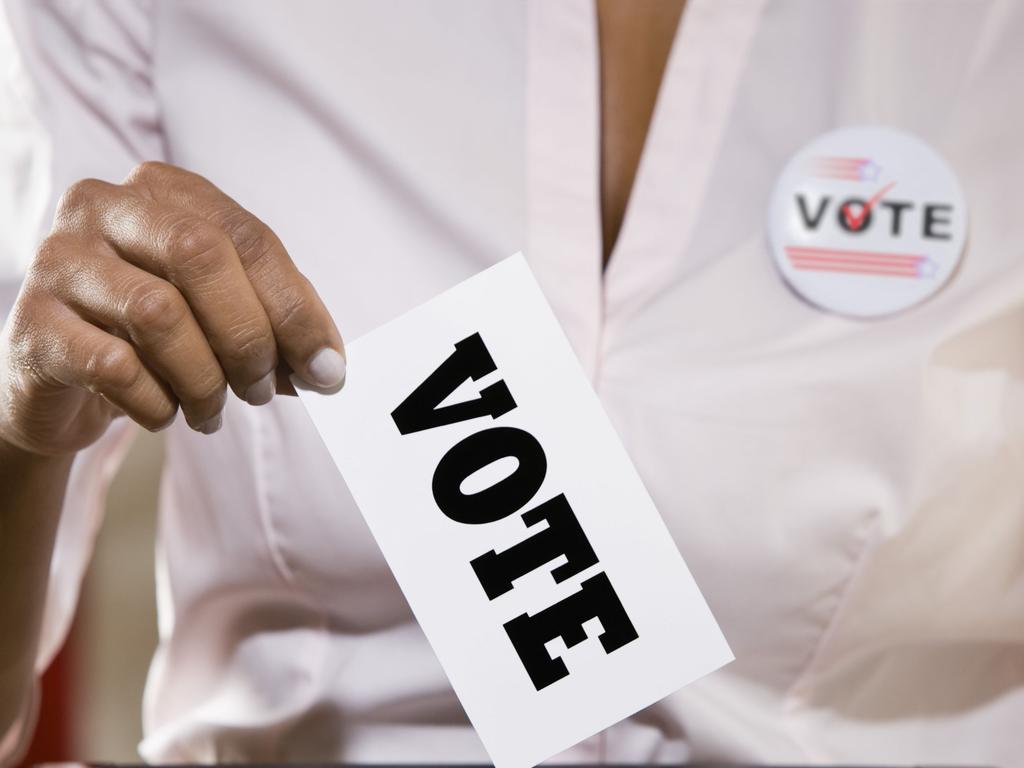
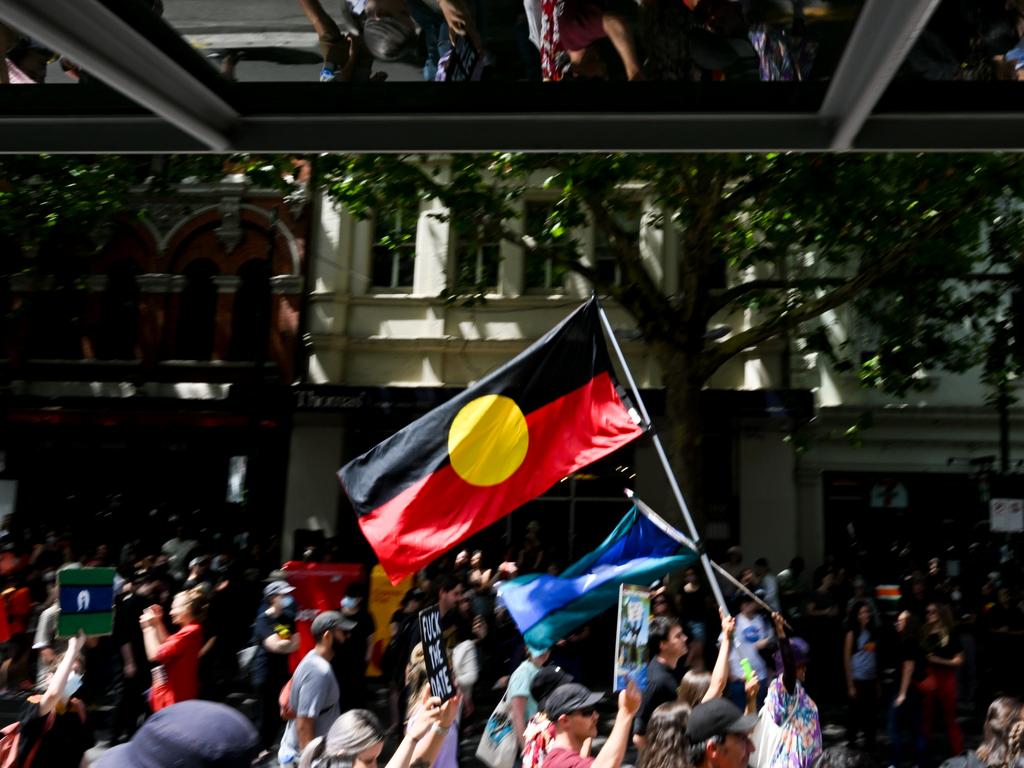
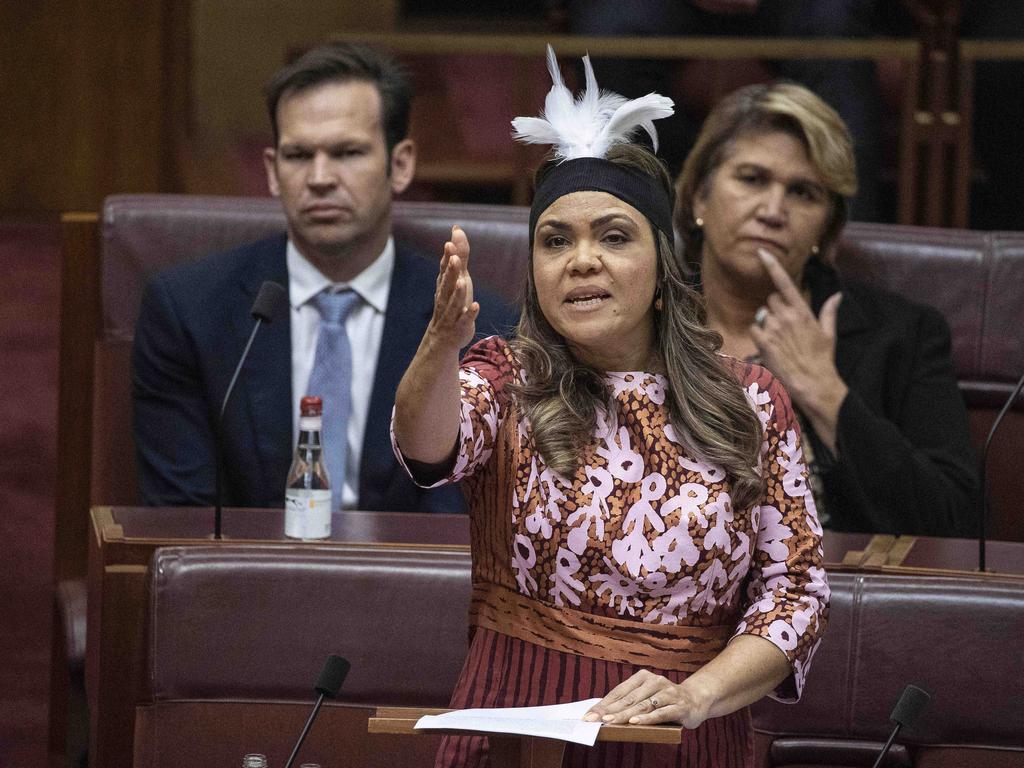



At about 5000km and three connecting flights from Canberra, Broome is about as far as you can get from the nation’s capital.